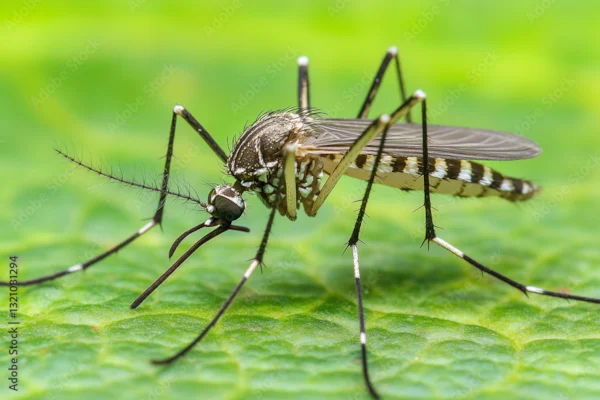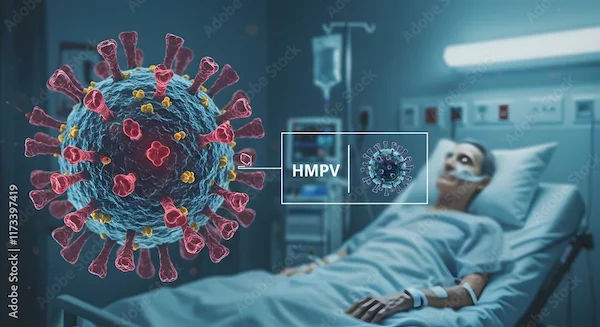DNA Sequencing in Genomics
Explore DNA sequencing in genomics, including how it works, its role in understanding genetic information, and its impact on research, diagnosis, and personalised medicine.

Written by Dr. Shaik Abdul Kalam
Reviewed by Dr. Rohinipriyanka Pondugula MBBS
Last updated on 13th Jan, 2026

Introduction
DNA sequencing is a powerful tool in modern medicine that helps doctors and scientists understand our genetic makeup. It plays a crucial role in diagnosing diseases, predicting health risks, and even personalising treatments. If you’ve heard about DNA sequencing but aren’t sure how it works or why it matters, this article will explain everything in simple terms.
What is DNA Sequencing?
DNA (Deoxyribonucleic Acid) is the genetic code that makes you unique. It contains instructions for how your body grows, functions, and repairs itself. DNA sequencing is the process of reading the exact order of the building blocks (called nucleotides A, T, C, G) in your DNA.
Think of DNA as a book, and sequencing as reading every single word in that book to understand what it says. This helps doctors identify genetic changes that might affect your health.
Why is DNA Sequencing Important?
DNA sequencing has revolutionized healthcare by:
- Diagnosing Genetic Disorders: Some diseases, like cystic fibrosis or sickle cell anemia, are caused by changes in DNA. Sequencing helps detect these conditions early.
- Personalised Medicine: Your genes influence how your body responds to medicines. Sequencing can help doctors prescribe the right drug at the right dose for you.
- Cancer Detection: Some cancers are linked to genetic mutations. Sequencing helps identify these mutations for better treatment.
- Predicting Health Risks: Some genes increase the risk of diseases like diabetes or heart disease. Knowing this early allows for preventive care.
How Does DNA Sequencing Work?
DNA sequencing involves:
1. Sample Collection: A small sample (blood, saliva, or cheek swab) is taken.
2. Extracting DNA: The DNA is isolated from the sample.
3. Sequencing the DNA: Machines read the DNA code, letter by letter.
4. Analyzing the Data: Scientists compare your DNA to a reference to find variations.
The entire process is highly accurate and can be completed in a few days to weeks, depending on the test.
Who Should Consider DNA Sequencing?
You might benefit from DNA sequencing if:
- You have a family history of genetic diseases.
- You’re planning a family and want to check for inherited conditions.
- You have unexplained symptoms that doctors can’t diagnose.
- You want to understand your risk for certain diseases.
Benefits of DNA Sequencing
Some of the major benefits of DNA sequencing include:
- Early Detection: Helps catch diseases before symptoms appear.
- Better Treatment Plans: Allows doctors to choose the most effective therapies.
- Family Planning: Identifies risks of passing genetic conditions to children.
- Personalised Health Insights: Offers diet, fitness, and lifestyle recommendations based on genes.
Limitations and Considerations
While DNA sequencing is powerful, it has some limitations:
- Not All Diseases Are Genetic: Many conditions are influenced by lifestyle and environment.
- Privacy Concerns: Genetic data is sensitive. Ensure you use trusted labs with strong privacy policies.
- Emotional Impact: Learning about genetic risks can be stressful. Genetic counselling can help.
How to Get a DNA Sequencing Test?
If you’re interested in DNA sequencing, you can:
1. Consult a Doctor: Discuss whether genetic testing is right for you.
2. Choose a Reputable Lab: Apollo24|7 offers reliable genetic testing with expert guidance.
3. Genetic Counselling: Helps you understand results and next steps.
Final Thoughts
DNA sequencing is a game-changer in healthcare, offering insights into your unique genetic makeup. Whether for diagnosing diseases, preventing health risks, or personalising treatments, it empowers you to take control of your health. If you’re curious about your genetic health, talk to a doctor and explore how DNA sequencing can help you.
Remember, knowledge is power, and understanding your DNA could be the key to a healthier future!




